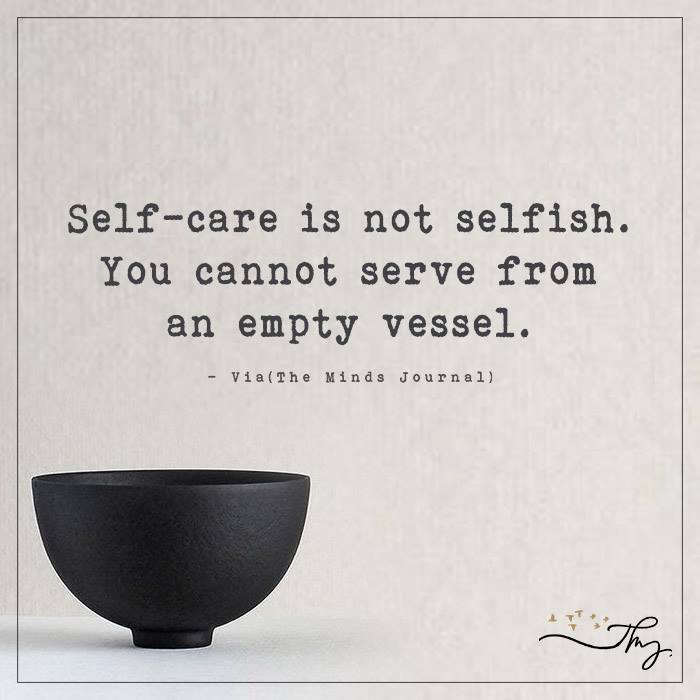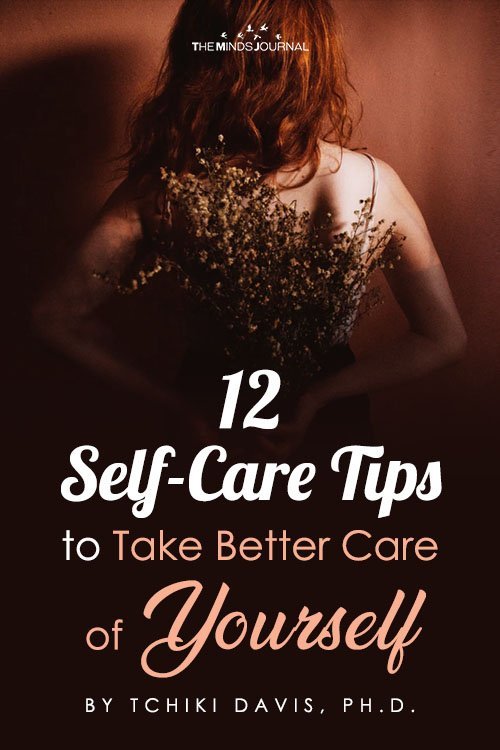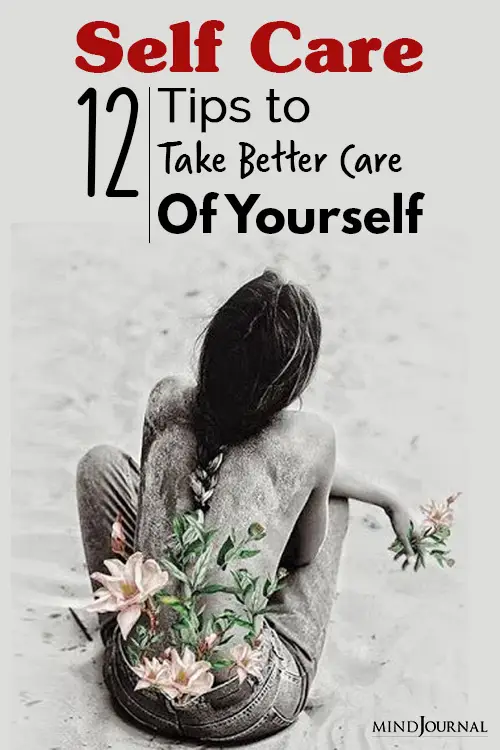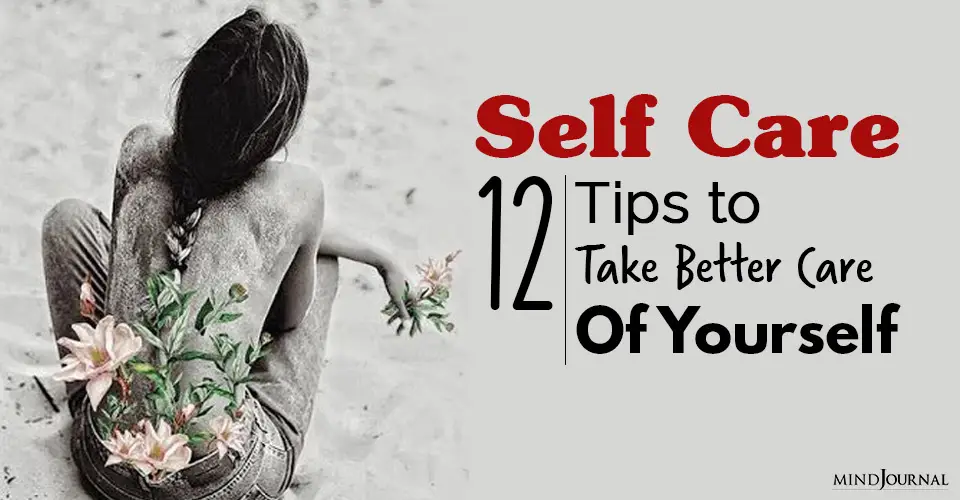“Love yourself first, and everything else falls into line. You really have to love yourself to get anything done in this world.” – Lucille Ball
Why Self Care Matters?
It’s so important to make sure you take good care of your body, mind, and soul every day, not just when you get sick.
Learning how to eat right, reduce stress, exercise regularly, and take time-out when you need it are touchstones of self-care and can keep you healthy, fit, and resilient.

Why Do We Often Fail at Self Care?
Practicing self care isn’t always easy. Most of us are crazy busy, have stressful jobs, or are too consumed with technology to make time for ourselves.
Me-time is usually last on the agenda. Worse, we can sometimes feel guilty about taking the time required to take care of ourselves.
So getting started with self care can be challenging. In my new book, Outsmart Your Smartphone: Conscious Tech Habits for Finding Happiness, Balance, and Connection IRL, I teach folks how to find time and make space for self-care.
But here are some additional tips that you won’t find in the book to get you started with your self-care.
Related: 5 Things That Are Self Care And 5 Things That Are Not
How Do You Engage in Self Care?
Fortunately, there are many things you can do to engage in self care. To start, take this well-being quiz to learn which self-care strategies may be especially helpful for you.
You can also read about self-care strategies, join self-care programs, or work with a coach or therapist who can help support your progress.
No matter which approaches you choose, the goal is to figure out which self-care strategies work best for you, learn how to use these strategies, and implement them in your regular routine so you can boost your well-being not only today but forever.
Here are 12 ways to get started with your self care.
1. Make sleep part of your self care routine.
Sleep can have a huge effect on how you feel both emotionally and physically. Not getting enough can even cause major health issues. But stress and other distractions can wreak havoc on our sleep.
What do you do to make sleep part of a self care routine?
Start by thinking about your nightly routine. Are you eating or drinking immediately before bed?
If so, it’s especially important to stay away from caffeine and sugar, which tend to keep you awake. Reducing stress is also key. If you have work-related stress, think about the best ways to calm yourself after a hard day or relax more while on the job. You might talk to your employer about lessening your workload or settle a disagreement with a coworker.
Next, make sure your bedroom is the best possible place for you to get good REM sleep. It should be free of distractions (such as a television, laptop, cellphone, etc.). And make sure you have room-darkening curtains to keep the sun from waking you up too early in the mornings.
2. Take care of yourself by taking care of your gut.
Your gut health can have a significant impact on your health, well-being, and feelings of vitality.
The types of foods you eat crucially impact the bacteria that live in your stomach, resulting in a cascade of either positive or negative outcomes. An unhappy gut can lead to an unhappy person, and vice-versa.
3. Exercise daily as part of your self care routine.
We all know exercise is good for us, but do we really know how good it is?
Daily exercise can help you both physically and mentally, boosting your mood and reducing stress and anxiety, not to mention helping you shed extra weight.
Of course, it might be hard to go to the gym every day, so try to incorporate other exercises, such as walking, tennis, or yoga, which may be able to fit into your schedule more easily.
The most important thing is to create a routine that works for you.
Related: 5 Strategies To Perfect Your Morning Routine And Make Each Day Good
4. Eat right for self care.
The food we eat has the potential to either keep us healthy or contribute to weight gain or diseases such as diabetes, but it can also keep our minds working and alert.
Eating the right foods can help prevent short-term memory loss and inflammation, both of which can have long-term effects on the brain and, in turn, the rest of the body. Some of the most amazing self-care foods include fatty fish, blueberries, nuts, green leafy veggies, and brassicas, like broccoli.
5. Say no to others, and say yes to your self care.
Learning to say no is really hard; many of us feel obligated to say yes when someone asks for our time or energy.
However, if you’re already stressed or overworked, saying yes to loved ones or coworkers can lead to burnout, anxiety, and irritability. It may take a little practice, but once you learn how to politely say no, you’ll start to feel more empowered, and you’ll have more time for your self-care.
6. Take a self care trip.
Taking a self care trip can make a huge difference in your life.
Even if you’re not feeling particularly stressed, getting away for a weekend every now and then can help you disconnect, relax, and be rejuvenated.
These self-care trips don’t have to be costly; simply drive to the next town over and see the sights, or go camping nearby. The goal is to veer away from your normal schedule and take the time to do something just for yourself.
Related: 24 Simple Self-Care Ideas For The Holidays and Beyond
7. Take a self care break by getting outside.
Spending time outside can help you reduce stress, lower your blood pressure, and be more mindful. Studies have even shown that getting outside can help reduce fatigue, making it a great way to overcome symptoms of depression or burnout.
Getting outside can also help you sleep better at night, especially if you do some physical activity, like hiking or walking, while you are outside.
8. Let a pet help you with your self care.
Pets can bring a boost to our lives. From giving unconditional love to providing companionship, pets can be hugely beneficial for our self-care Dogs especially can help reduce stress and feelings of anxiety, and can even lower blood pressure.
In fact, many people who suffer from disorders like PTSD have benefitted from working daily with animals, which is why service dogs have become so helpful for these individuals.
9. Take care of yourself by getting organized.
Getting organized is often the first step to becoming a healthier you, because it allows you to figure out exactly what you need to do to take better care of yourself.
A small change, like keeping a planner or a calendar on the fridge, can help you write down all your responsibilities and appointments, while at the same time keeping your life a bit more organized.
You can also create an area to keep keys, purses, backpacks, briefcases, and coats, and make sure they’re ready to go for the next day.
10. Cook at home to care for yourself.
Many people don’t take the time to make themselves meals, preferring instead to stop for fast food or popping a pre-made meal in the microwave. But these “fast” meals aren’t usually sufficient when it comes to feeding your body the right kinds of calories and nutrients.
Even if it’s only once a week, consider making a healthy meal for yourself or your whole family. You could even look into a meal delivery service or meal kit that can help you get started.
11. Read a book on self care for self care.
In today’s fast-paced world, we tend to turn to our phones for entertainment or comfort, scrolling through news feeds that can contribute to our stress and anxiety rather than helping it.
Instead, consider bringing a book with you when you leave the house. Even better, bring books on self-care, so that you can learn more about how to take care of yourself while you are taking care of yourself.
You might be amazed at the difference it can make when you slow down instead of always looking at your phone. Not only can it help improve your mood, but it can also help you to stay more present and mindful.
Related: Discover Your True Authentic Self
12. Schedule your self-care time, and guard that time with everything you have.
It can be hard for us all to find extra time. But it’s extremely important to plan regular self-care time.
Moments alone can help you to ponder the best ways to move forward in your life and keep you grounded. And moments with friends can help you feel more connected and relaxed.
Whether you decide you want to go for a long walk, take a hot bath, or enjoy a good movie with friends, taking self-care time is imperative.
Look for small ways you can incorporate it into everyday life; for example, you might wake up 15 minutes earlier to sit with a cup of tea and practice deep breathing before the chaos of the day begins, or you might take a walk around the block on your lunch break.
The more you can work self care time into your schedule, the better you’ll be able to grow, enjoy your life, and thrive.
This article was co-written by self-care advocate, Brad Krause. Brad is inspired to help others improve their overall well-being through self-care.
Check out Berkeleywellbeing.com to learn how to find happiness, balance, and connection in our technology-obsessed world.
Written by Tchiki Davis, Ph.D. Originally appeared in Psychology Today









